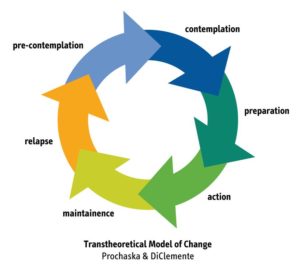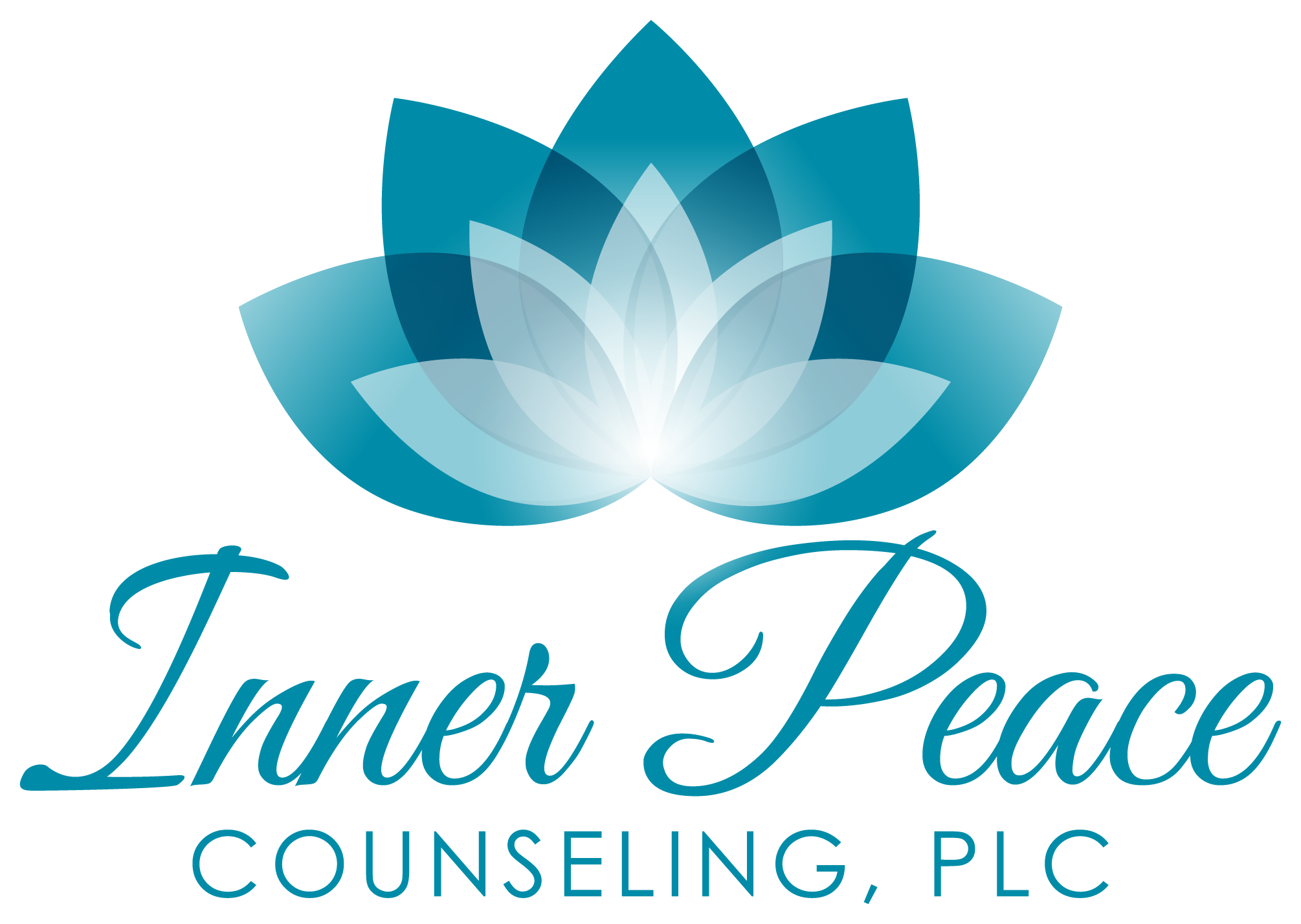Addiction and Substance Abuse Treatment: Key Features

By: Ashley Carter Youngblood
Categories:
Addiction and Substance Abuse Treatment: Key Features
What is addiction?
Addiction exists on a spectrum. Occasional problem behaviors that result in negative consequences are on one end of the spectrum. On the other end of the spectrum are the compulsive behaviors that those who are addicted feel that they cannot emotionally or physically stop doing. This, more severe, side of the spectrum is what is called “addiction” – continued risky behaviors despite negative consequences.
If you have questions about where you fall on the spectrum or if you really have “a problem”, here is a helpful self-questionnaire tool that can help you answer if your substance use is risky. It was developed for those consuming alcohol but can be applied to other substances, as well.
How to treat addiction/substance abuse
What we know about addiction from the recent technology of brain scanning is that it is a disease. This means that will-power or severe consequences will not, in themselves, be enough to allow the person who is addicted to change their behavior. Effective treatment for addiction/substance about can include Alcoholics Anonymous, Narcotics Anonymous, Overeaters Anonymous, Sex Addicts Anonymous, or Gamblers Anonymous. But, for many, that is not enough.
What I hope to do when treating addiction/substance abuse is to focus on the strengths a person already has and what has been helpful to them in the past. What support system is present? Who can you call if you are feeling vulnerable or have a trigger? What were you doing when you have been most successful in your recovery in the past? What have you not tried yet to move yourself toward recovery that you are willing to try? Because of my holistic approach to wellness and the process of therapy, I look at every aspect of a person’s life that contributes to where they are and where they want to go. I spend time in each session for those who are in recovery exploring the quality of their lives – emotionally, socially, physically, spiritually, intellectually, financially, sexually, culturally, environmentally, and professionally – in order to determine how to best reach success.
How do I know if I or my loved one is ready to recover?

Another thing that is important to know about addiction is that recovery happens in stages of “readiness”. Experts call this the “Transtheoretical Model of Change”. What this means is that, like the spectrum of addiction, the levels of “readiness” to recovery also happen in stages. The following is an example of these stages:
Precontemplation – This is the initial stage where those addicted do not believe they have a problem and do not want to move toward recovery. Often this stage takes the shape of those who have addictive behaviors getting angry at others for even suggesting that they may have a problem.
Contemplation – This is the classic “seesaw” of addiction. At this stage, those addicted may, at times, be able to clearly describe the negative affects their addiction has had on them and express interest in getting help. But, in the next moment, they may argue that their problem isn’t really a problem at all and that they can quit whenever they want to. They just haven’t “really” tried yet.
Preparation – Congratulations! This is the location where those dealing with addiction usually either are in treatment or have begun the process of seeking help (e.g. calling a treatment program to gather information). This is a critical stage in recovery because the person who is addicted is acknowledging that change needs to happen, even if it is largely because of negative consequences or the pushing of loved ones.
Action – At this stage, concrete steps are being taken to address addictive thinking and behaviors. If the person working to recover from addiction is making changes, they may look clumsy or confusing. But, the important thing is that they are making changes. Although taking action doesn’t mean that the addictive thinking and behaviors magically go away, this is a critical step toward recovery because the person who is addicted is learning, through both success and failure, what they need to do to be successful.
Maintenance – This is where you can breathe a little bit. In this stage, active efforts at recovery are being made. Success has been experienced. There is typically less overwhelming fear about the possibility of a relapse, although a relapse is always possible. The Maintenance stage of change often includes years of successful recovery. The key is simply finding ways to maintain such success.
Relapse – For those who have been in recovery and for the loved ones who have supported someone in recovery, this is the most painful stage. In addition to the importance of knowing that addiction is a disease, it is also important to recognize that addiction is a chronic, relapsing disease. This means that one cannot be “in recovery” but not actively work to stay in recovery. And, no matter how many years of success someone in recovery has had, the pathways in the brain that have been created by the repetitive behaviors of addiction make it easier to relapse than to be successful.
What does this mean for me?
The implication of this information is that active treatment for addiction/substance abuse is essential in order to live a lifestyle of recovery. The formula for success looks different for each person. But, often continuing addiction counseling, even if it is infrequent, is necessary to keep people on track. Addiction is a chronic, relapsing disease that doesn’t discriminate and destroys everything in its path. Without treatment, chances of success are low. Above all, however, you don’t deserve to do it alone.
Additional Resources
- On my YouTube Channel (which you can link to here), you will find several sections of the following resources about addiction:
- Several years ago, HBO had an amazing series on addiction and the brain. You can find portions of these videos online here for free. Or, you can find a link to the full documentary films on my “Resources” page.
- More recently, an award-winning documentary called “Pleasure Unwoven” explains in amazing detail yet with incredible ease how addiction works in the brain. You can find a link to that information on my “Resources” page.
~Ashley Carter Youngblood, LMSW, LMFT, CADC, ADS, NNP, CIMHP, CNRC
 Ashley Carter Youngblood is a licensed Clinical Social Worker, licensed Marriage and Family Therapist, and a Certified Integrative Mental Health Professional, Nutrition Network Professional, and Certified Nutrition Recovery Coach who has been in the field since 2007. She offers counseling at her woman-owned business, Inner Peace Counseling, PLC, for those in Kalamazoo, Portage, Mattawan, Battle Creek, Paw Paw, and the surrounding areas of Southwest Michigan. She is passionate about her work with clients, whether it’s providing traditional individual counseling, life coaching, acupuncture, or Amino Acid Therapy for mental health symptoms. Her specialties include holistic healing, counseling for women, anxiety, nutritional interventions for mental health, and support for Highly Sensitive People/Empaths.
Ashley Carter Youngblood is a licensed Clinical Social Worker, licensed Marriage and Family Therapist, and a Certified Integrative Mental Health Professional, Nutrition Network Professional, and Certified Nutrition Recovery Coach who has been in the field since 2007. She offers counseling at her woman-owned business, Inner Peace Counseling, PLC, for those in Kalamazoo, Portage, Mattawan, Battle Creek, Paw Paw, and the surrounding areas of Southwest Michigan. She is passionate about her work with clients, whether it’s providing traditional individual counseling, life coaching, acupuncture, or Amino Acid Therapy for mental health symptoms. Her specialties include holistic healing, counseling for women, anxiety, nutritional interventions for mental health, and support for Highly Sensitive People/Empaths.
I welcome you to contact me or leave any questions or feedback you have about this post. Please keep in mind that the above information is the opinion of an individual, should not be considered medical advice/treatment, and is for entertainment/educational purposes only. I write these blogs as an expression of my passion for wellness and with the hope to be able to help as many people as possible. So, for more information about how to safely navigate this website and to what terms you are agreeing upon use, visit my Disclaimer page. And, as always, if you are experiencing an emergency, contact 911 or present yourself to your nearest emergency room.
Thanks for reading.
